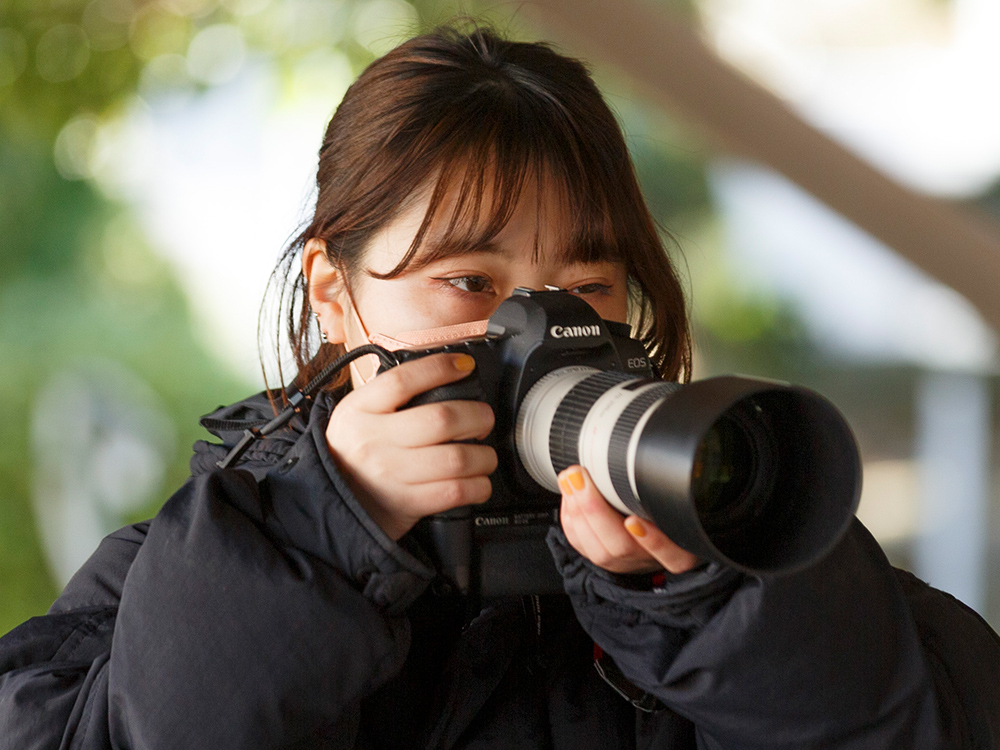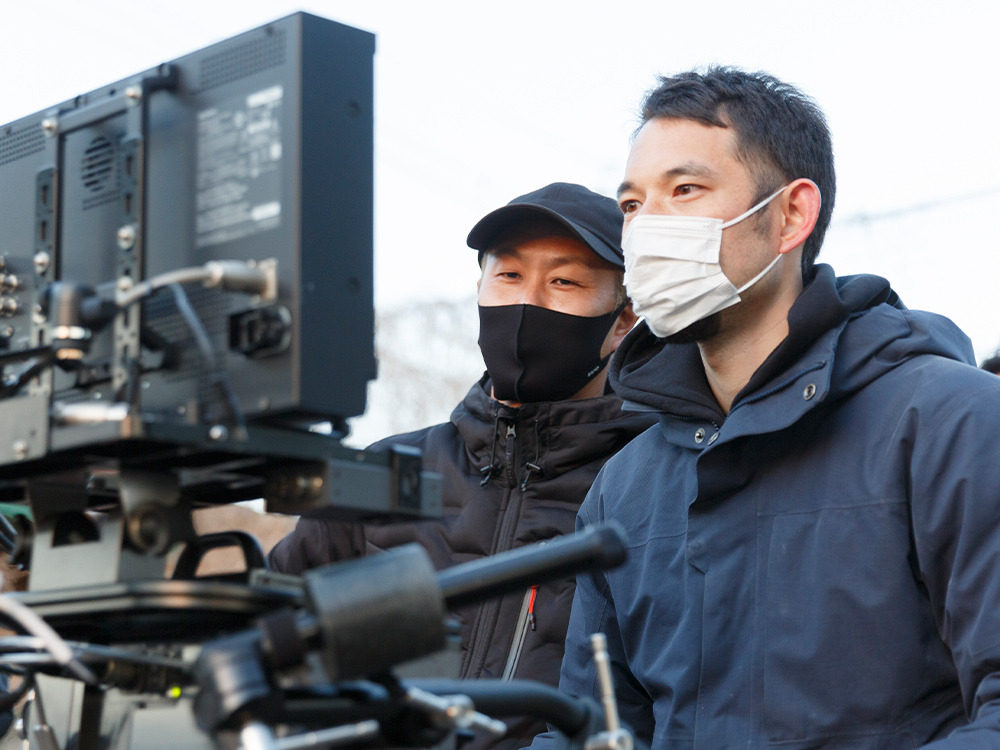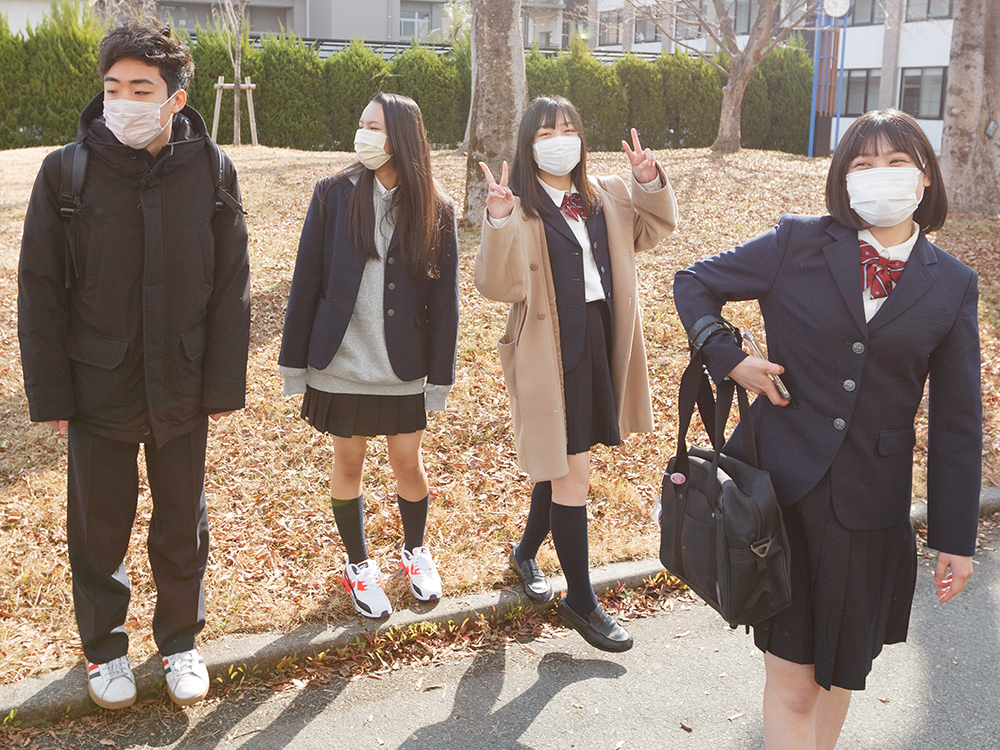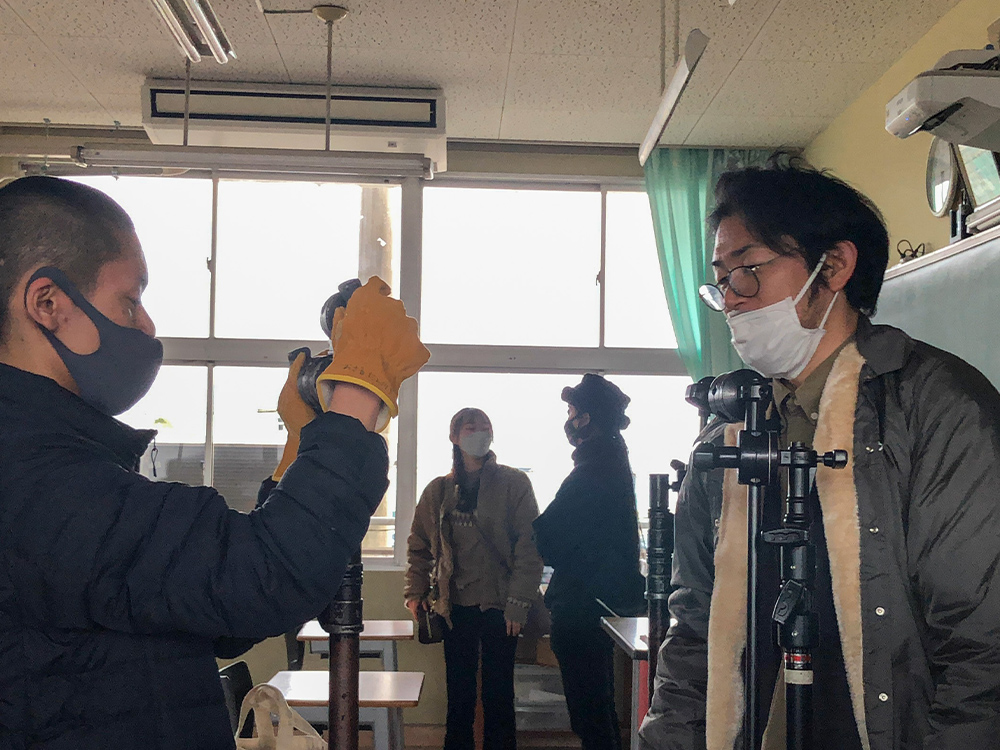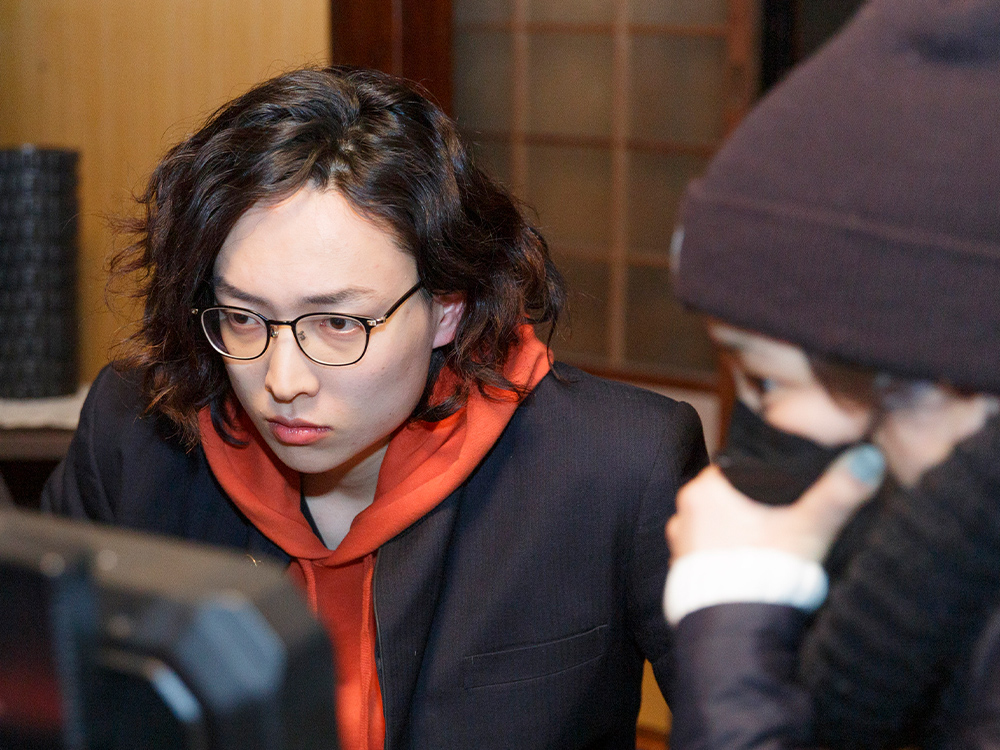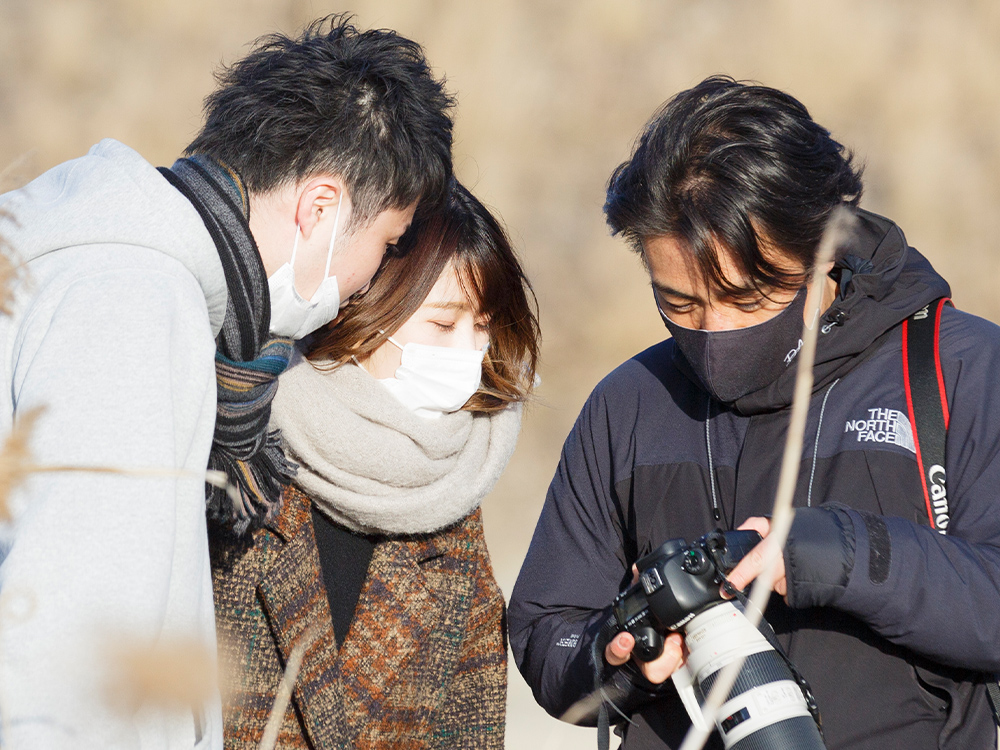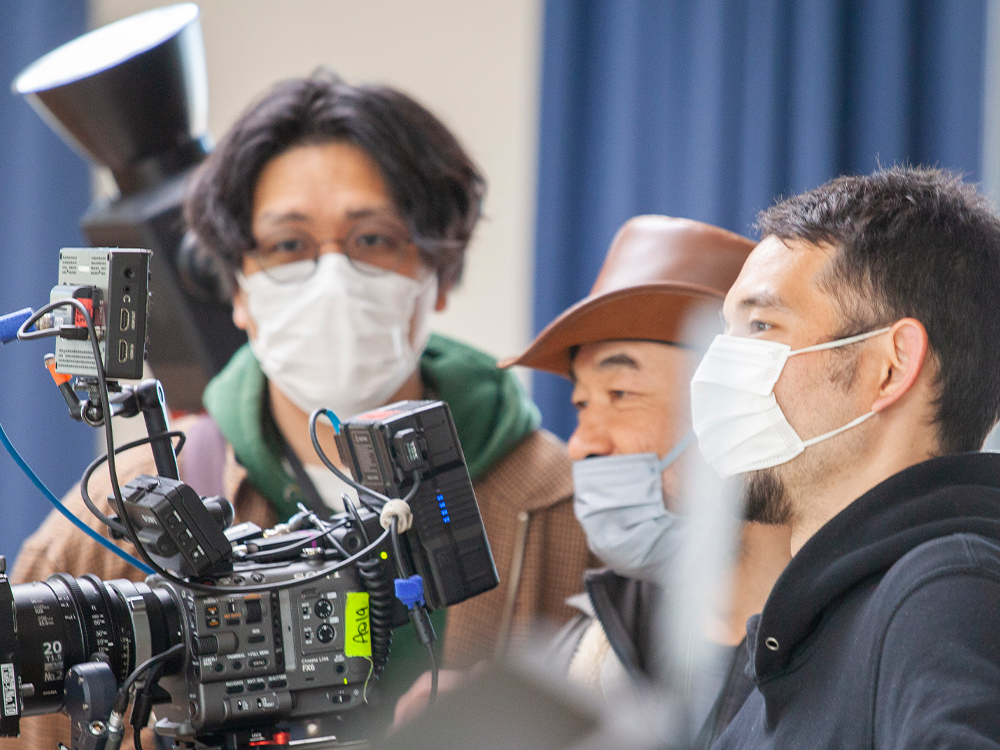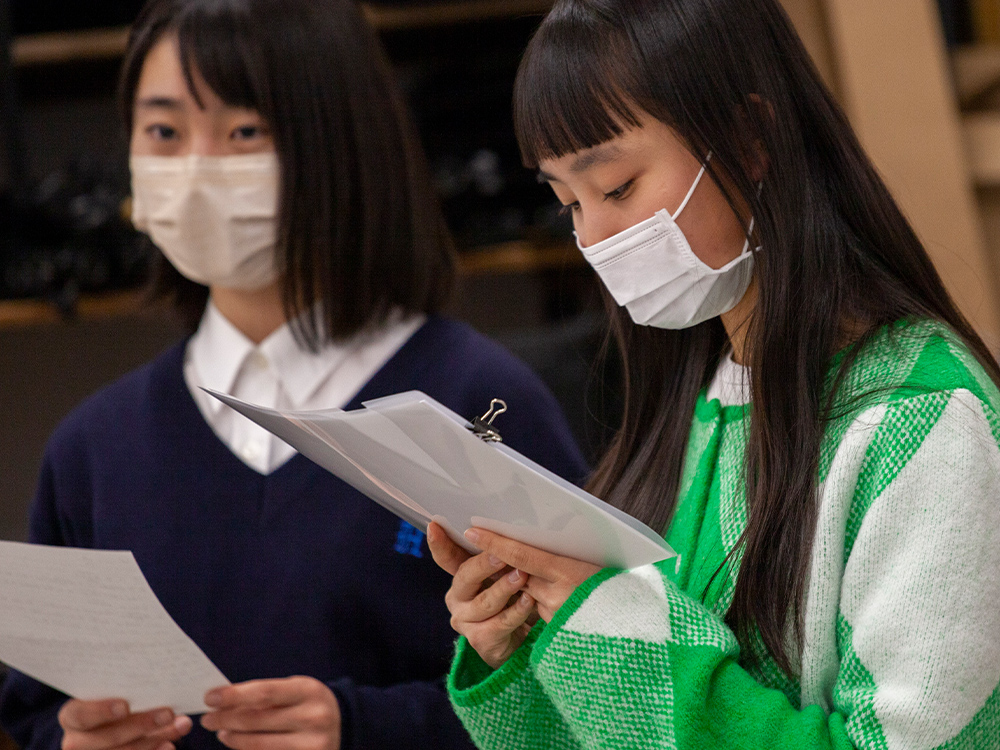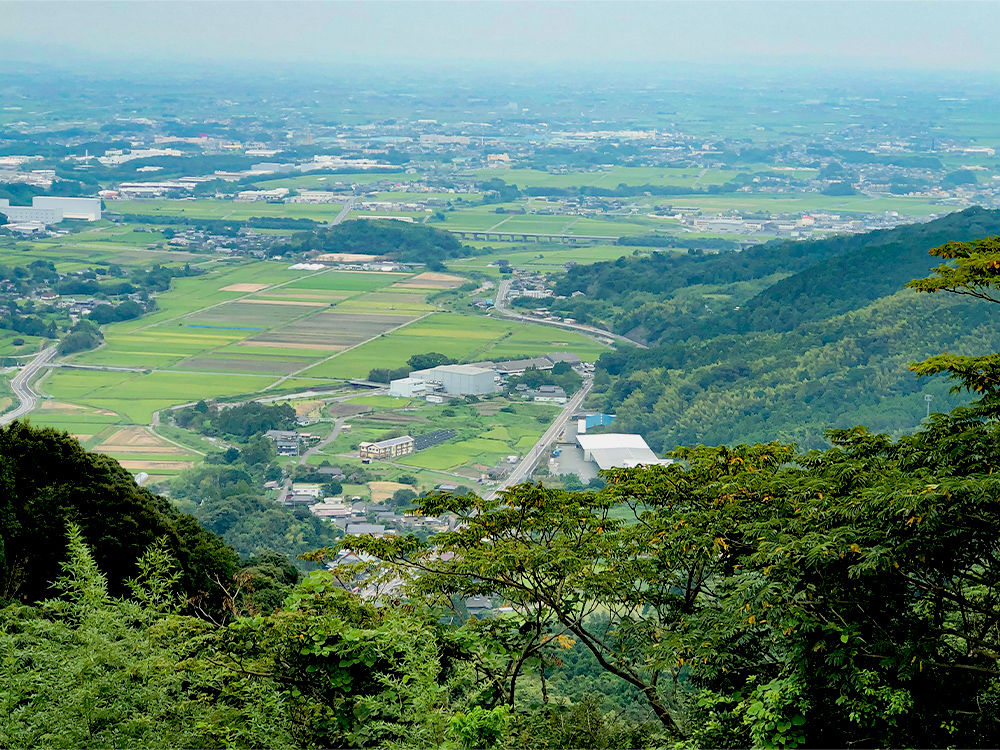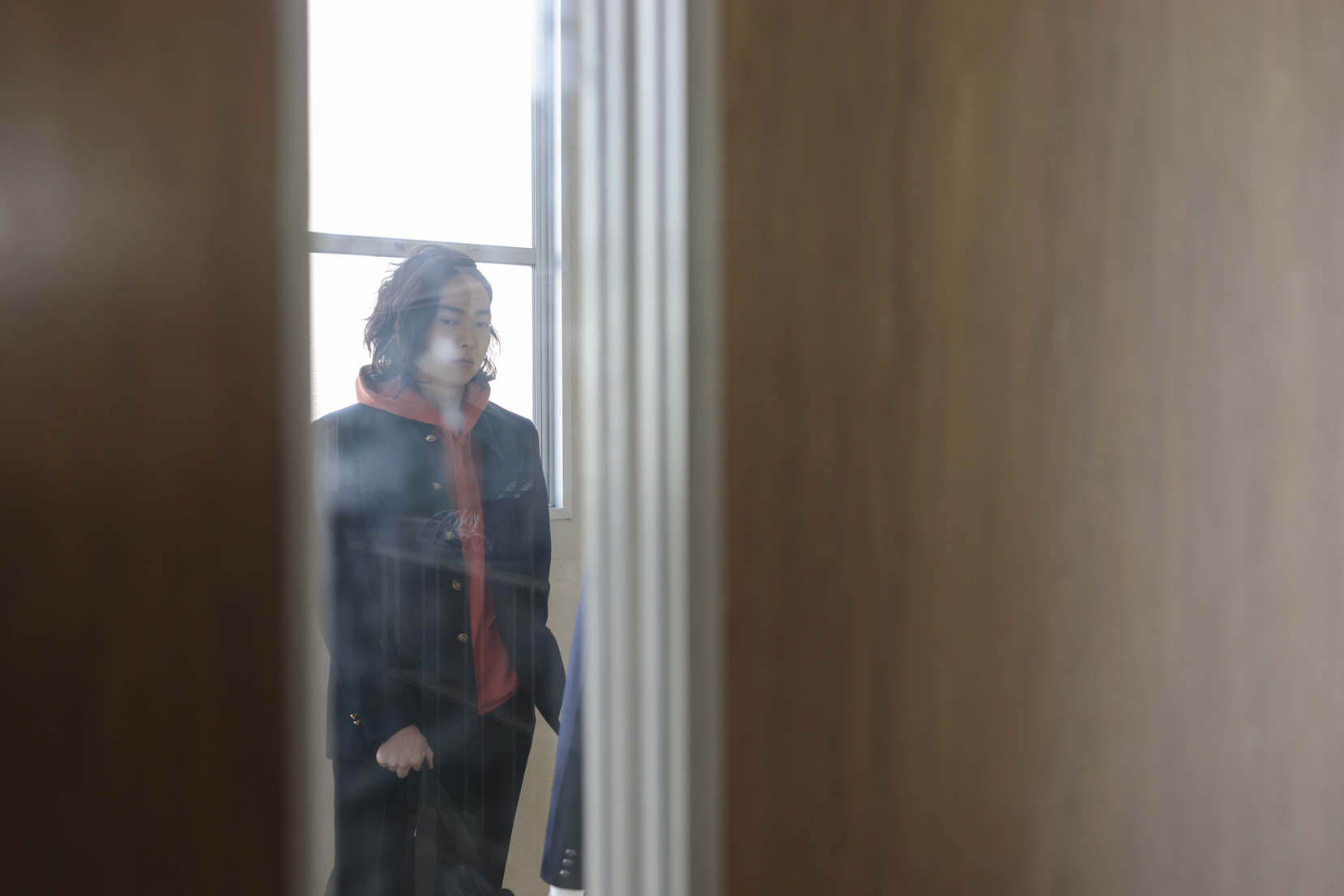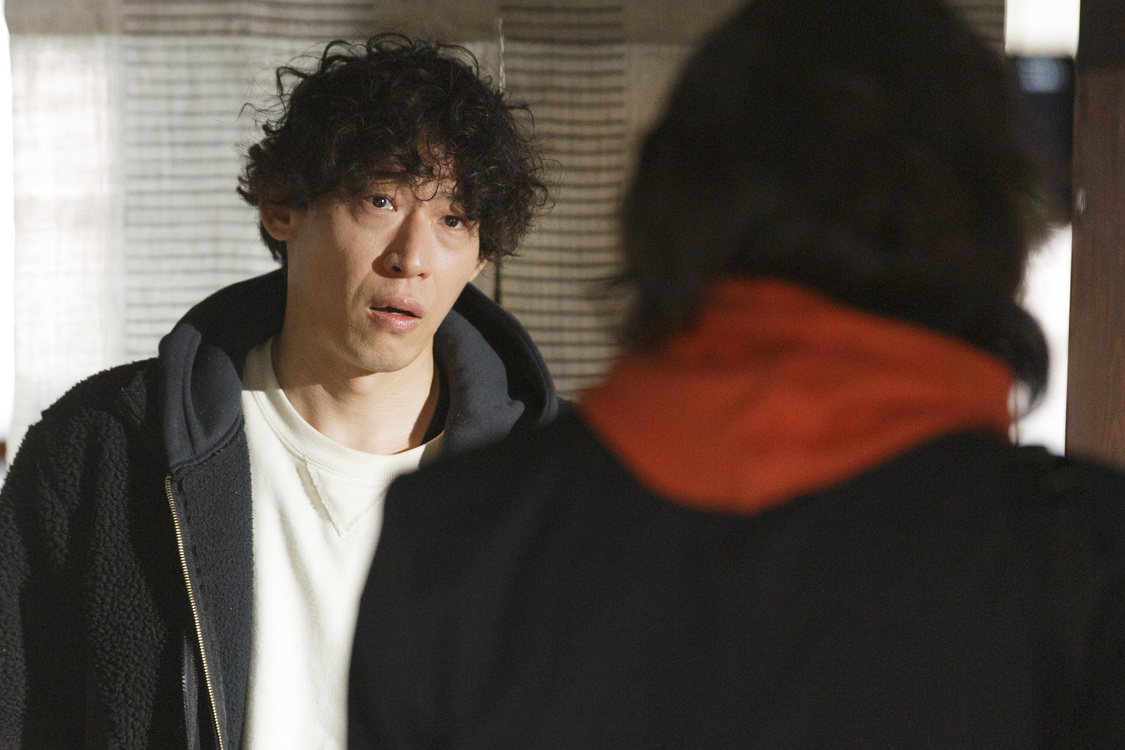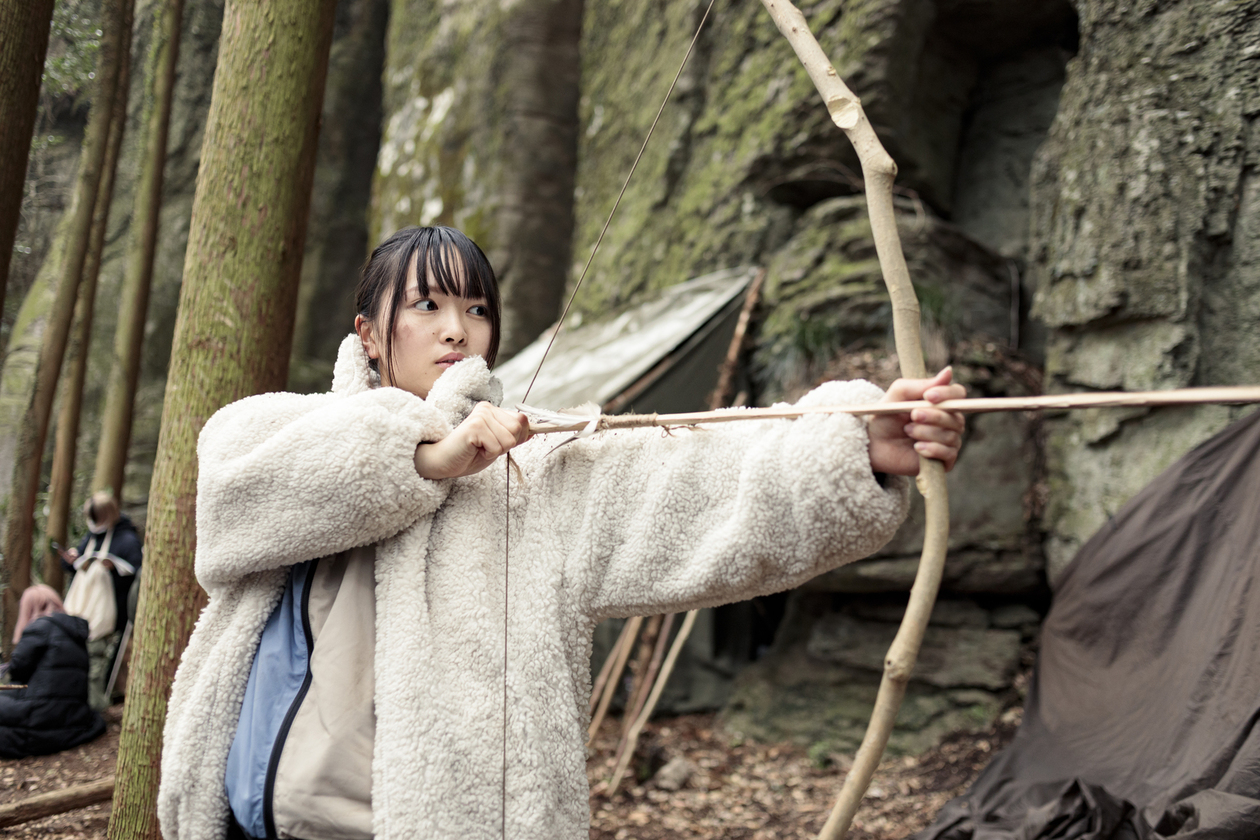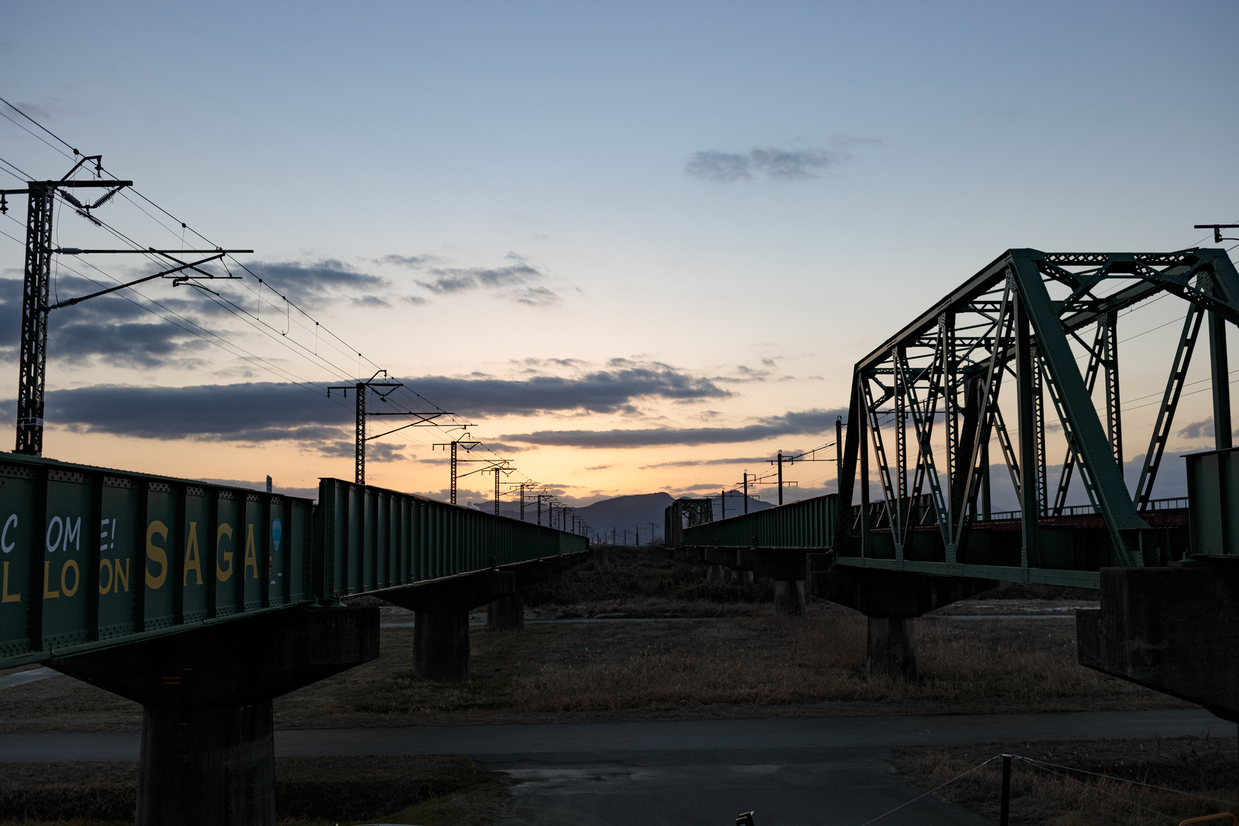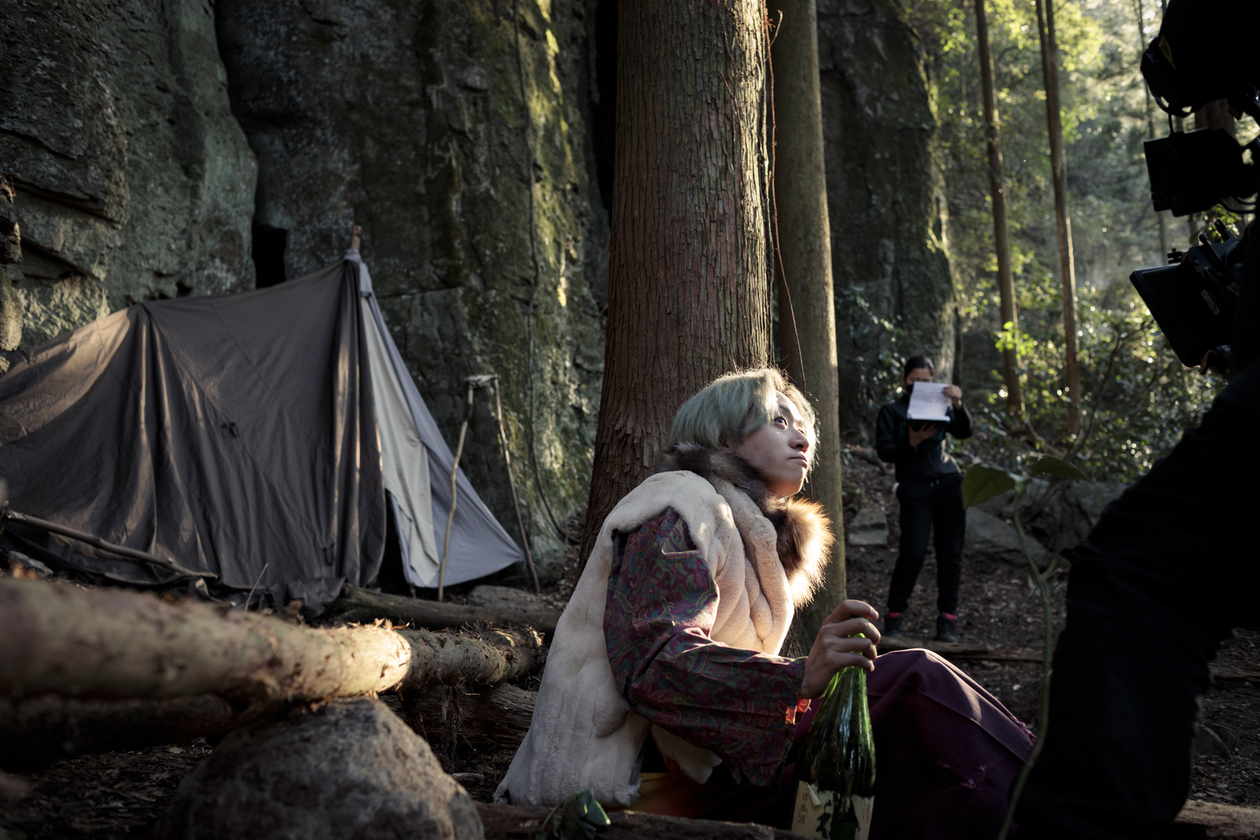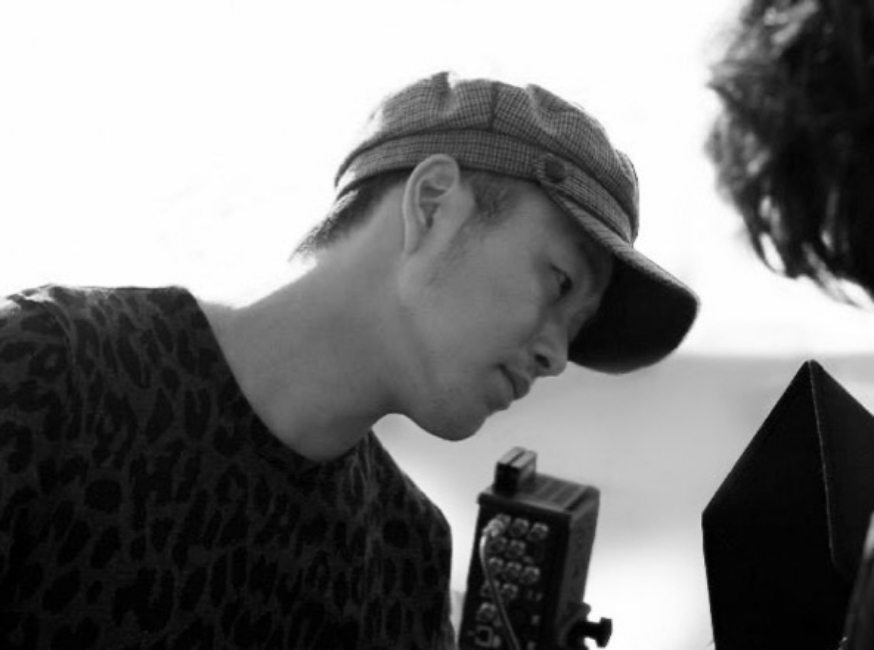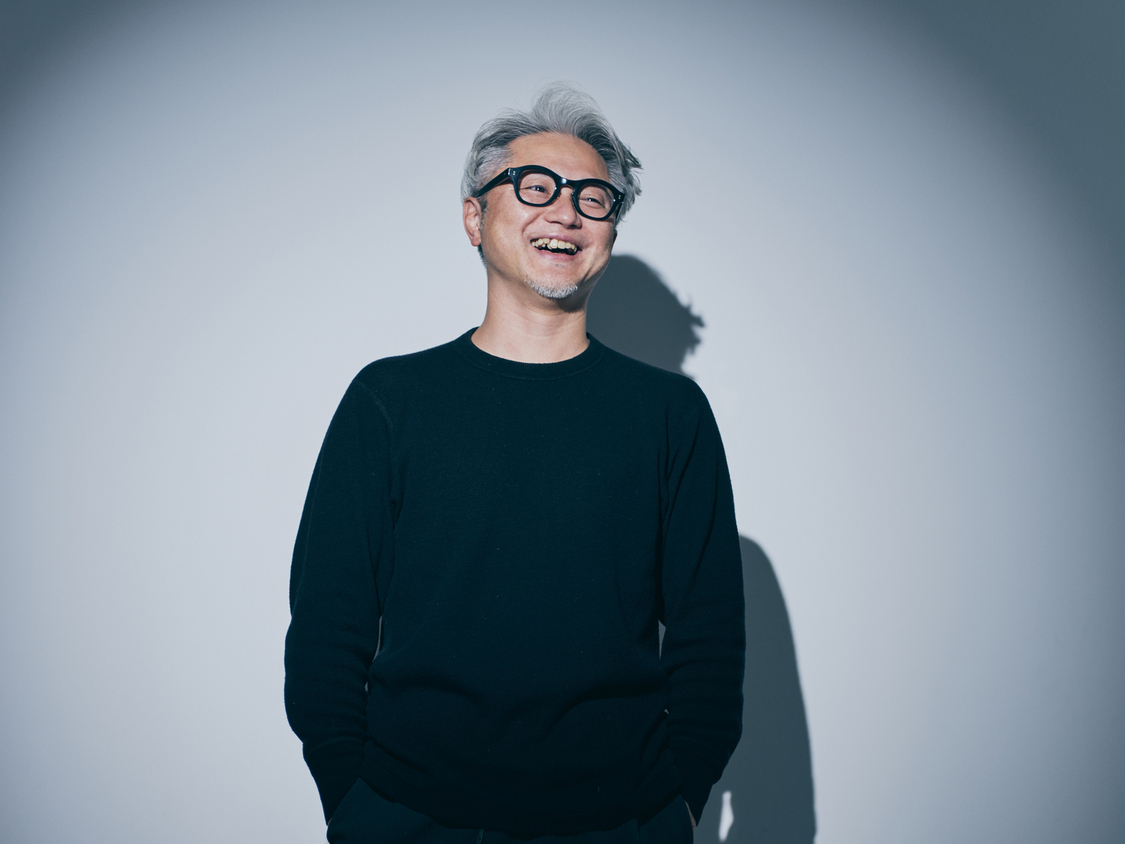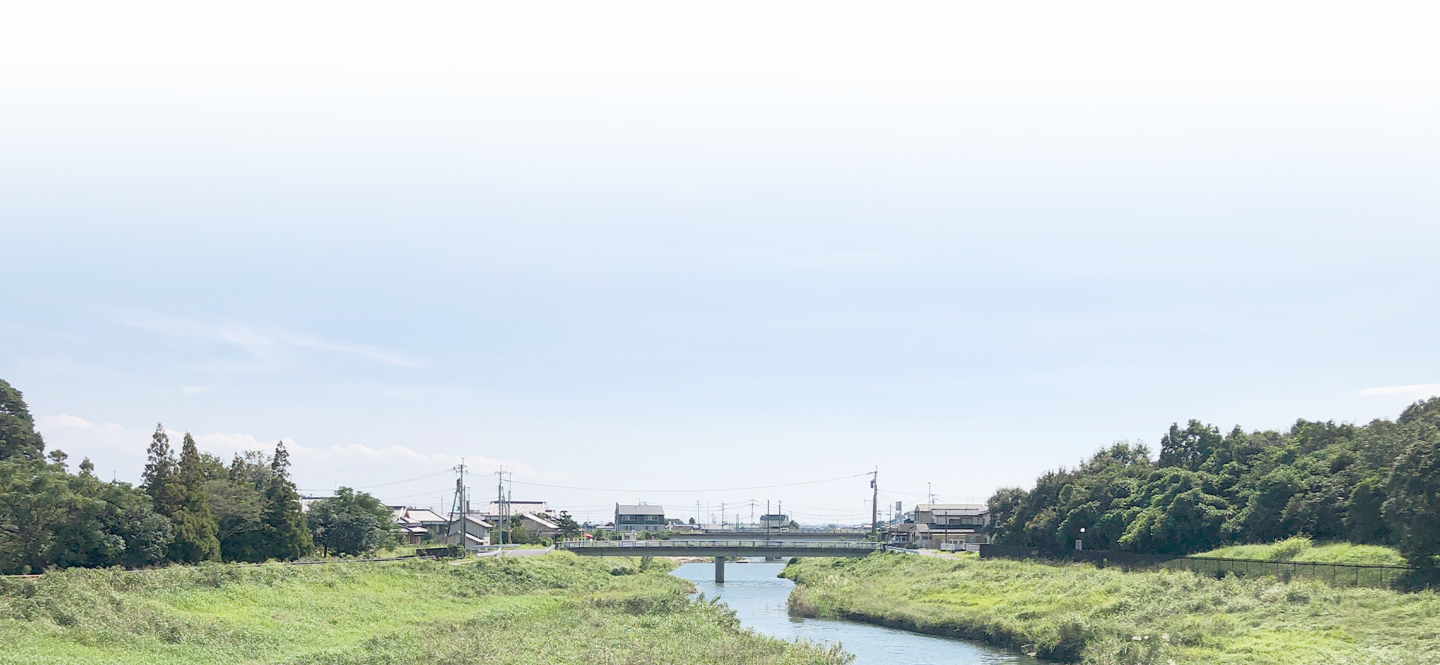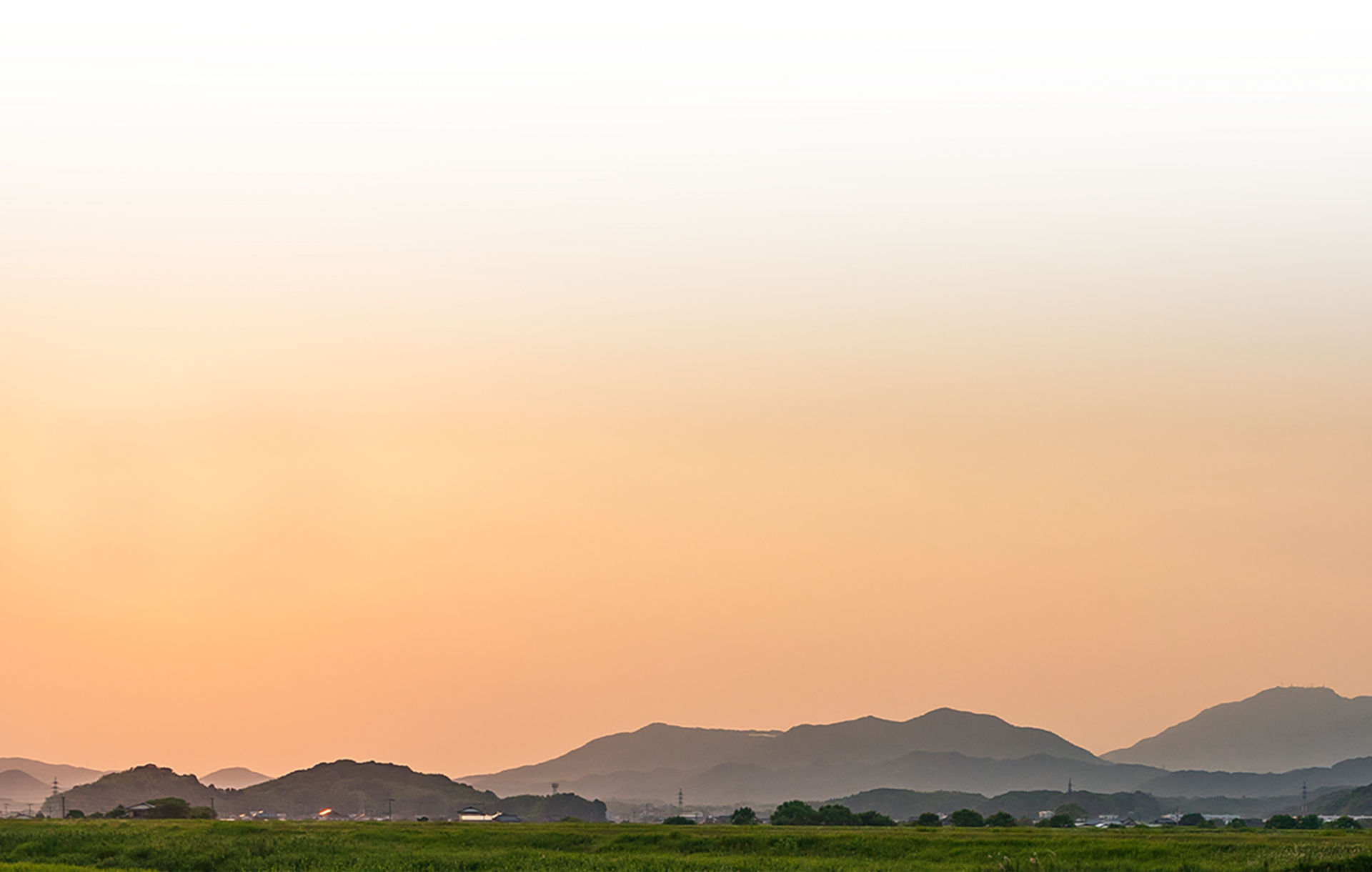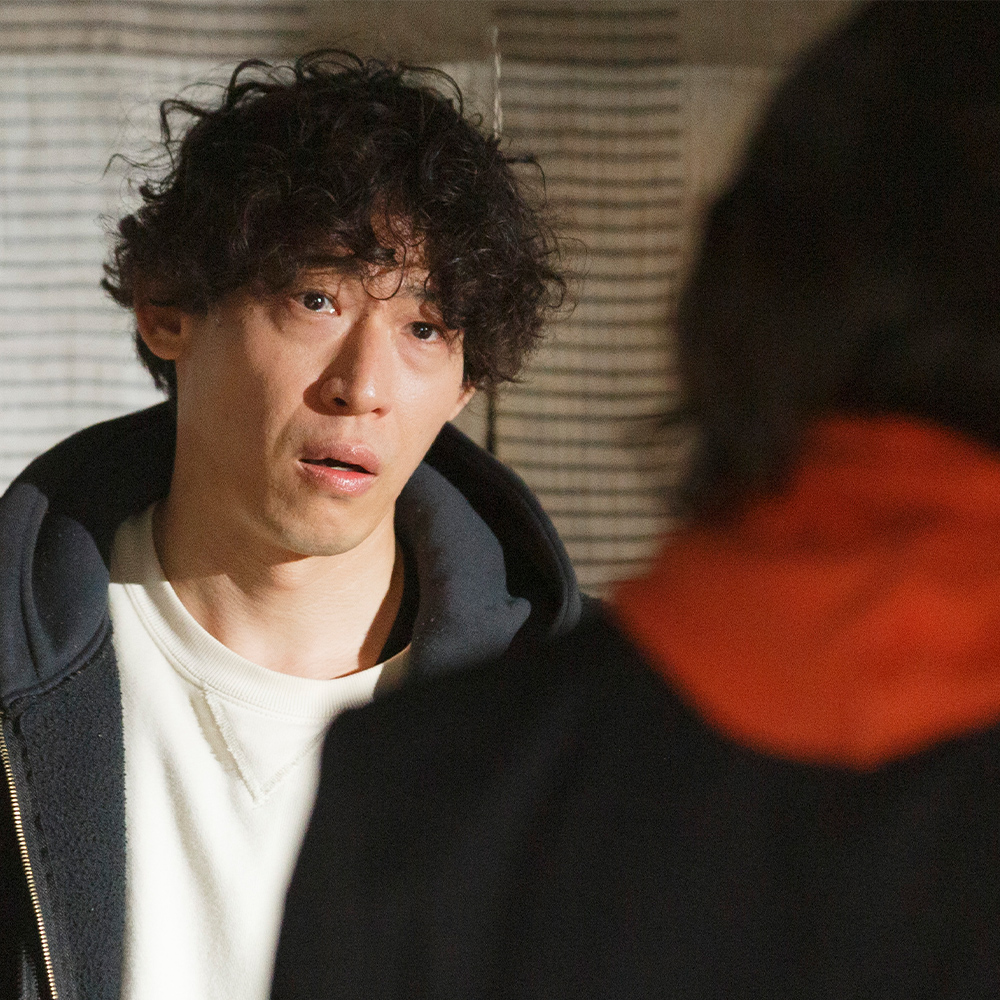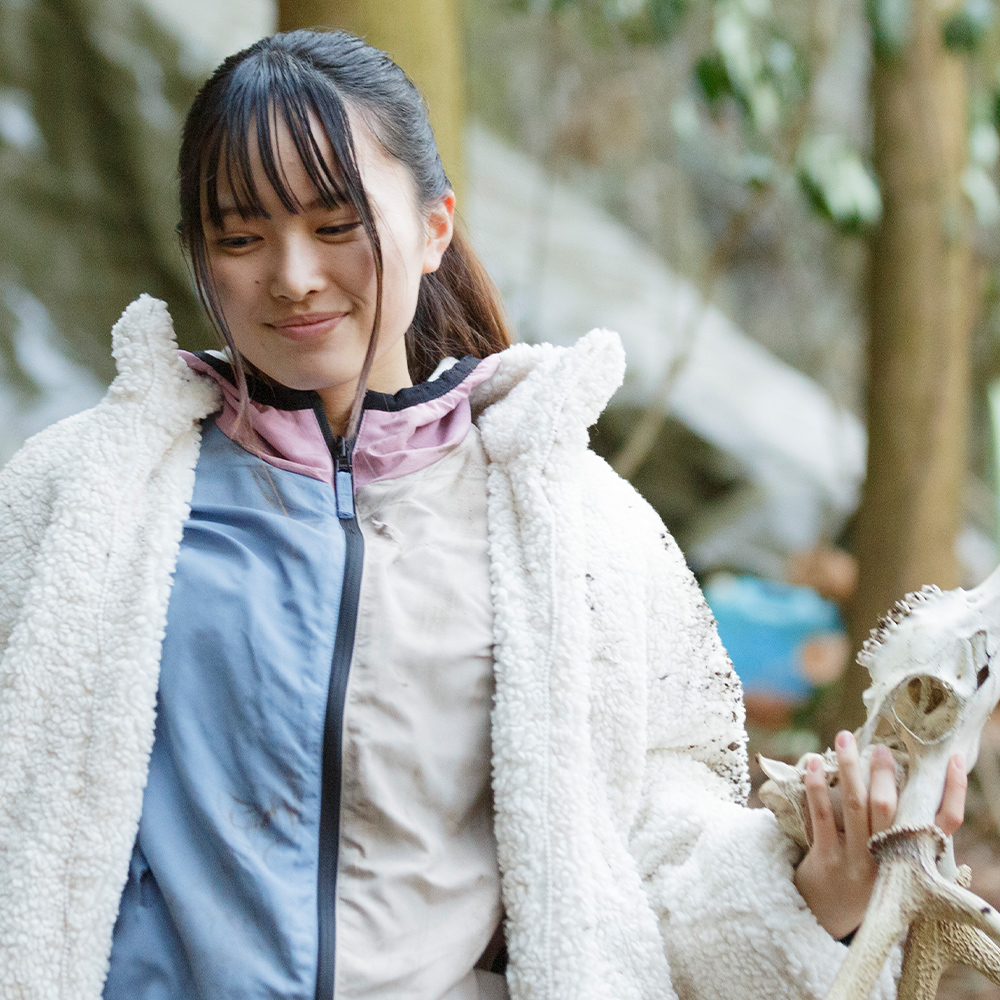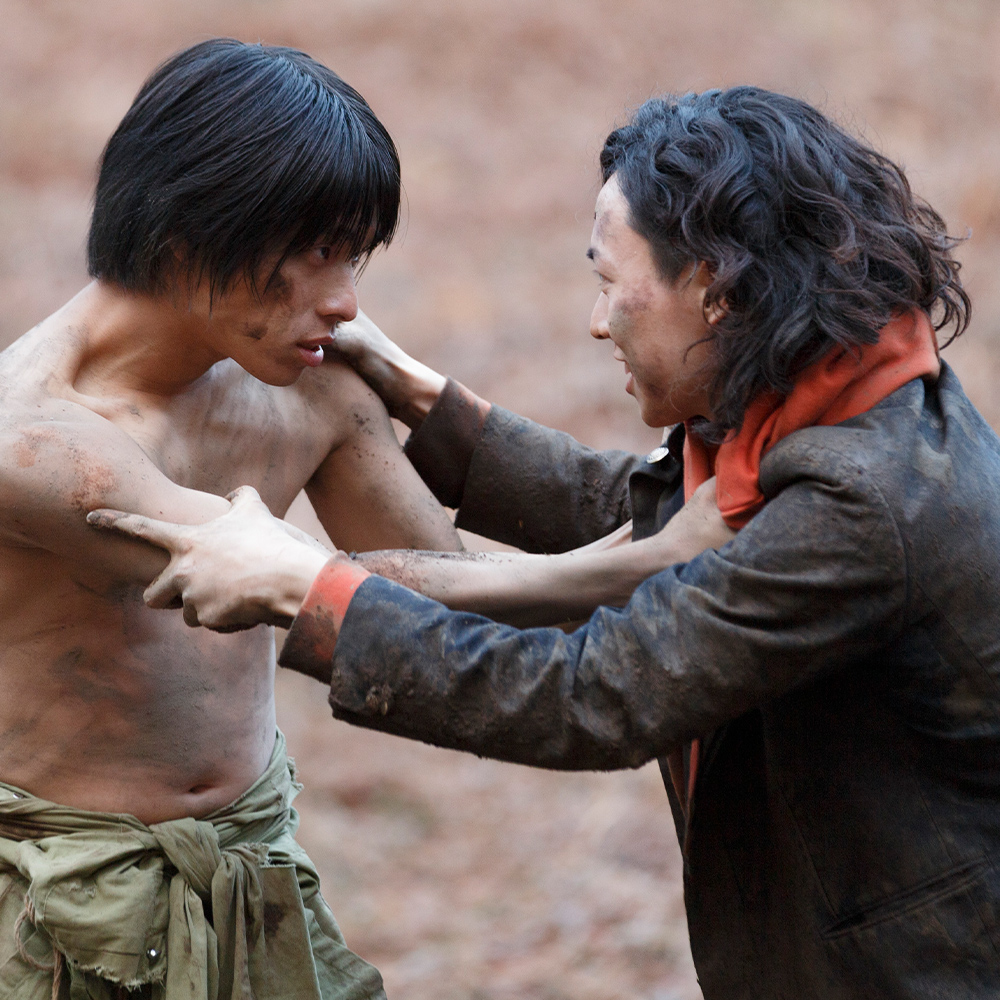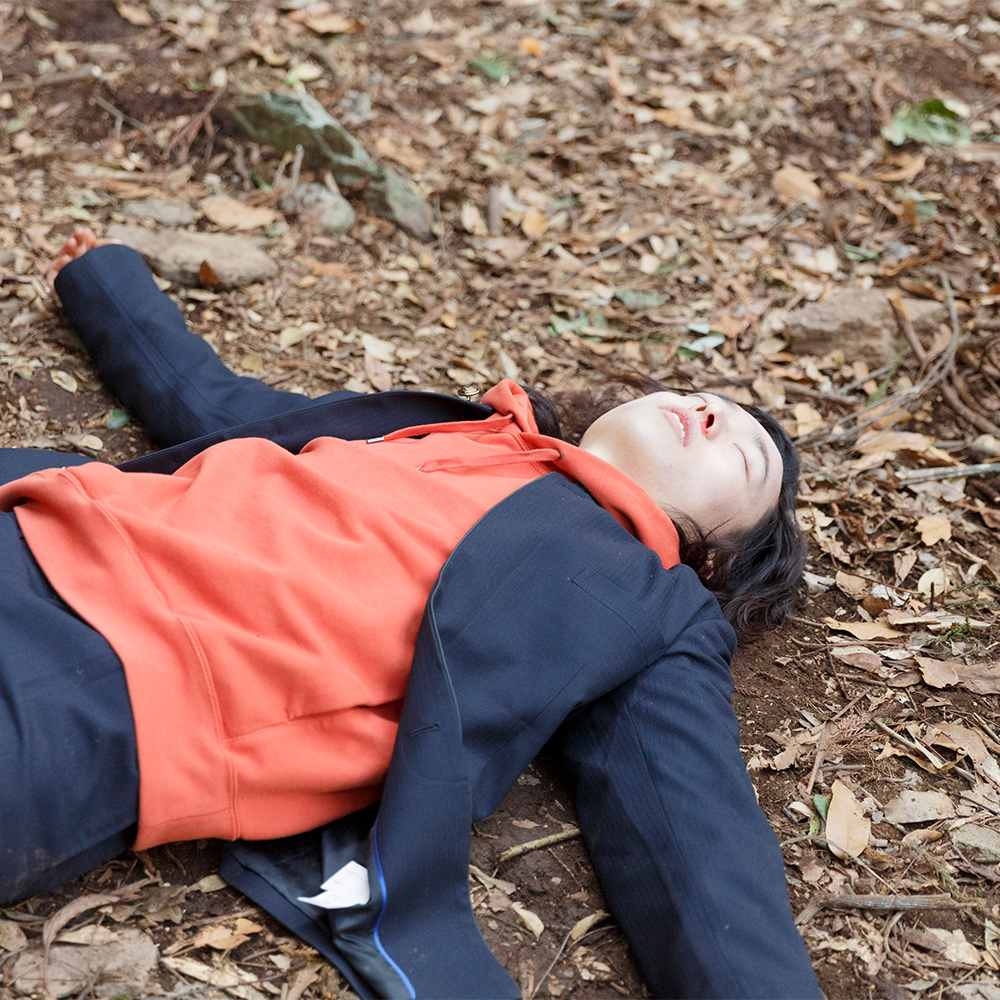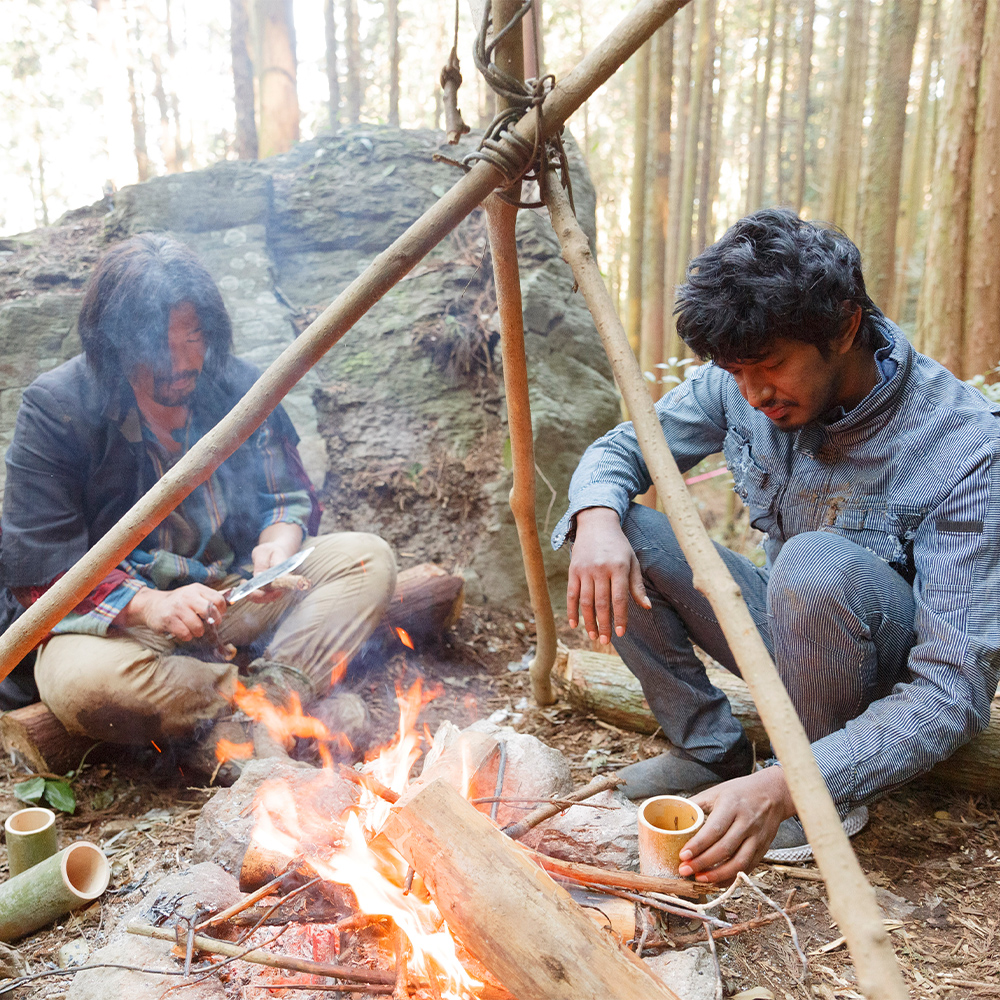STORY
"Tsu" means scab in the Saga dialect. “TSU”is a coming-of-age story centered on Yuki, a high school student living in rural Japan. As his graduation date looms, expectations transform into frustrations. As the pressure from his challenging university entrance exams and complicated relationship with his family reaches a breaking point, he runs away from it all into the mountains where he finds an independent collective of people who have been living off of the grid for years.
As Yuki sheds the trappings of his old life and gains wild new experiences, he learns a valuable lesson: it is only after you have lost everything that you are free to do anything. By emptying himself of the expectations others have placed upon him, Yuki is able to take his first steps into a new life.
Unlike similar stories, Yuki doesn't win anything. He doesn't have a magnificent triumph. He runs away, gets hurt, and loses more and more until there is nothing left to lose. It is at that moment that he finds true independence. It is at his lowest point that he opens himself up to the greatest change. He can do anything and become anyone.









